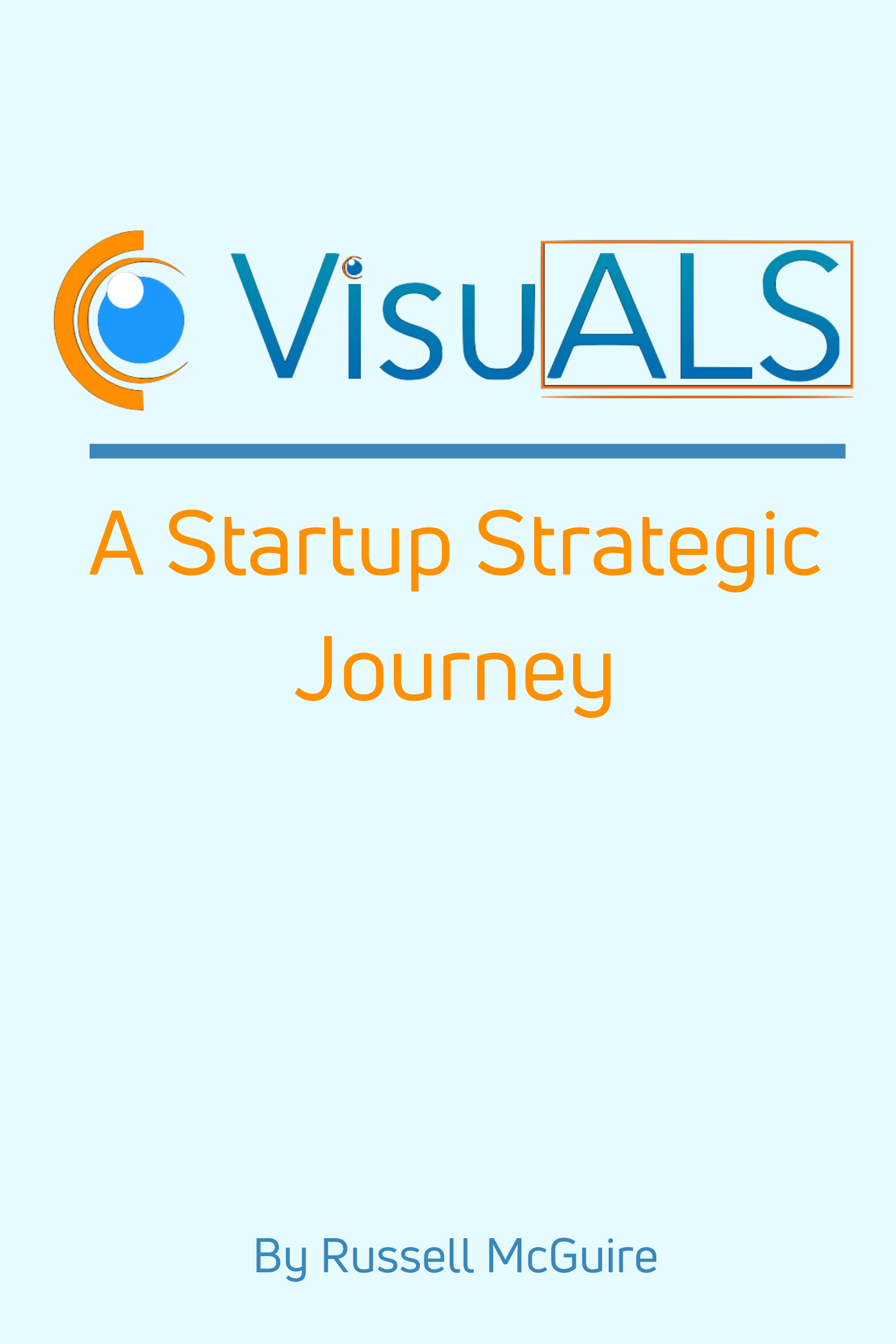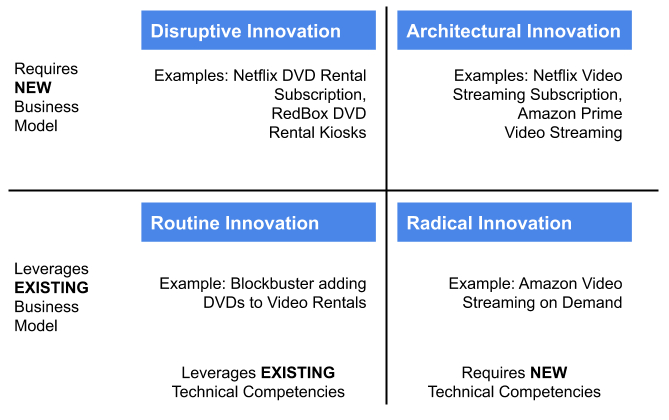Episode 6: Does Strategy Matter In A Pandemic?
As COVID continues to impact how we live our lives and run our businesses, many businesses are in crisis mode. As I work with business leaders on the decisions that they face, sometimes the question comes up — given our urgent issues, does strategy even matter right now? In this episode of the ClearPurpose podcast we compare how two different companies, Sprint and T-Mobile, both in crisis in 2008, responded.
From 2006 to 2016, the wireless industry nearly doubled in size. One of those companies shrank by 30% and the other quadrupled its subscribers. What do you think made the difference?
Is your business in crisis mode? Are you saying “we don’t need a strategy — our strategy is survival?” Or are you discerning what your strategy is and using it to help make your hard decisions easier?
Episode 6: Does Strategy Matter In A Pandemic? Read More »










